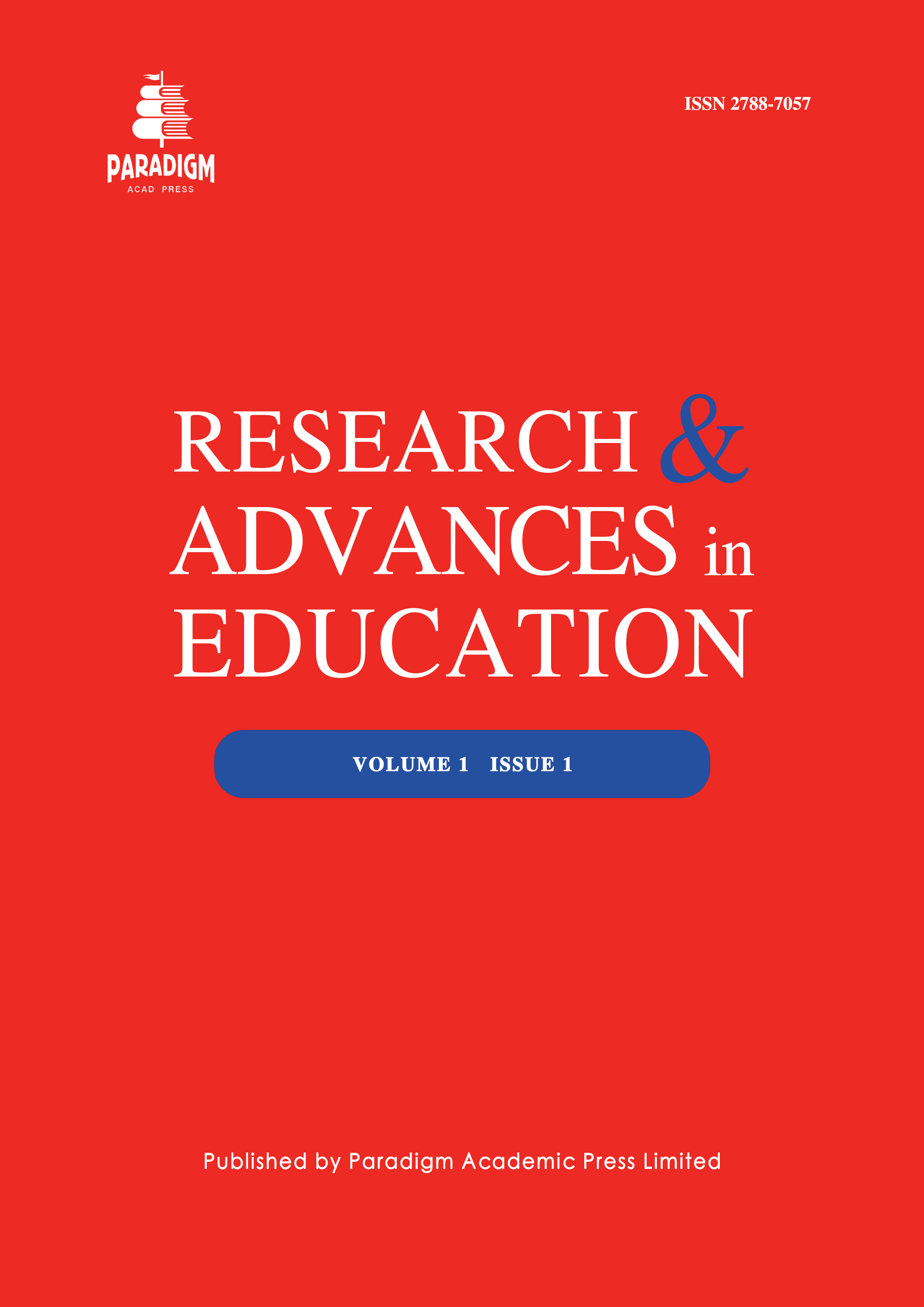Digital Transformation in Art Education: The Practice and Innovation of Online Courses
DOI:
https://doi.org/10.63593/RAE.2788-7057.2025.08.002Keywords:
digital transformation, art education, online courses, virtual reality (VR), augmented reality (AR), intelligent learning management system, personalized learning paths, immersive teaching, business models, user experience, educational innovationAbstract
The rapid development of digital technology has brought new opportunities and challenges to the field of art education. Traditional art education models are limited in terms of teaching resources, methods, and student learning experiences. In contrast, digital technology offers possibilities for innovation in art education. Online teaching, as an emerging teaching model, has gradually become an important part of art education. This study aims to explore the design and implementation of online art courses under digital transformation, analyze their practical effects, and propose innovative strategies to promote the high-quality development of art education. This research employs experimental teaching, user feedback, and data analysis to systematically investigate the design and implementation effects of online art courses. The results indicate that immersive art courses developed using virtual reality (VR) and augmented reality (AR) technologies significantly enhance students’ learning experiences and outcomes. Additionally, the development of intelligent learning management systems that provide personalized learning paths further optimizes learning effects. This study also explores the business models of online art education, such as paid courses and advertising revenue, offering references for the sustainable development of educational institutions. The innovation of this study lies in emphasizing the application of technology in art education and demonstrating the improvement in learning experiences through empirical research. It also proposes sustainable business models for online art education, providing practical guidance for educational institutions. Future research can further deepen the application of technology in art education, explore more innovative teaching and business models, and promote the digital transformation and high-quality development of art education.


